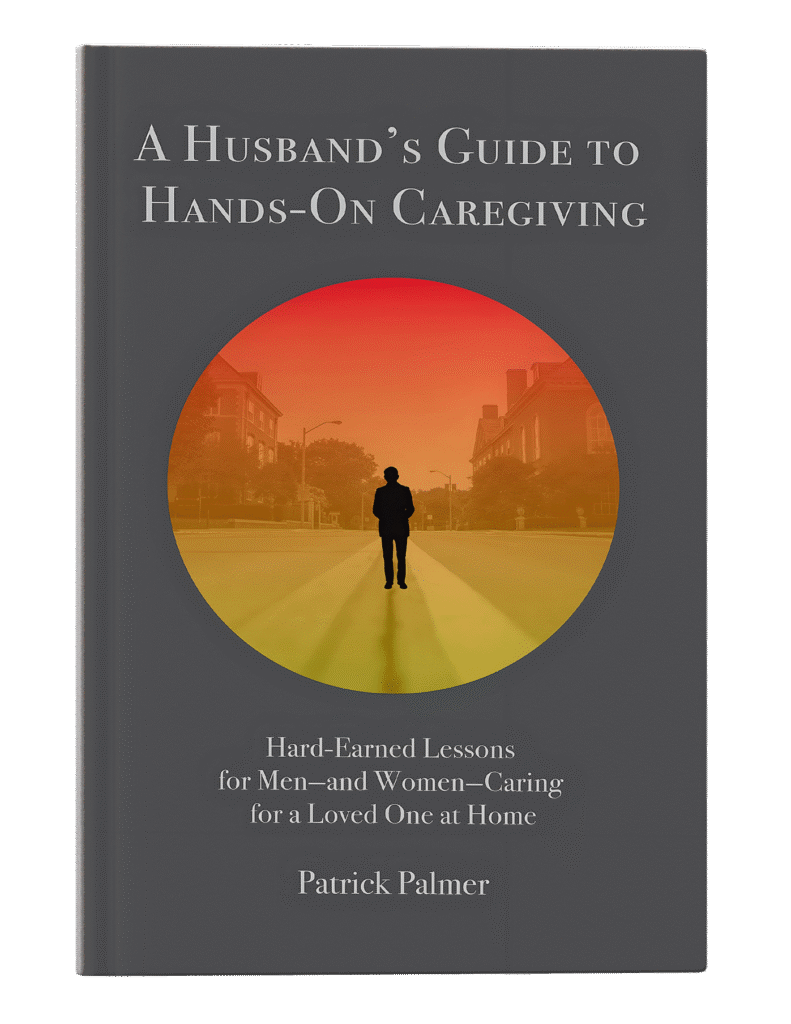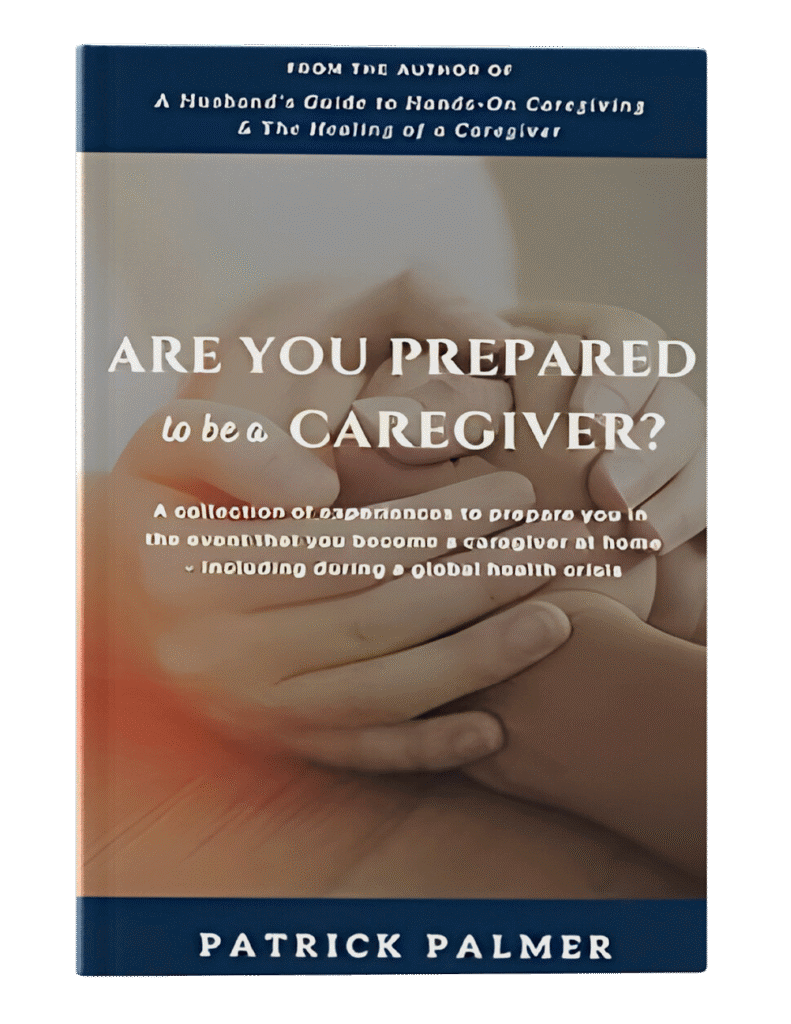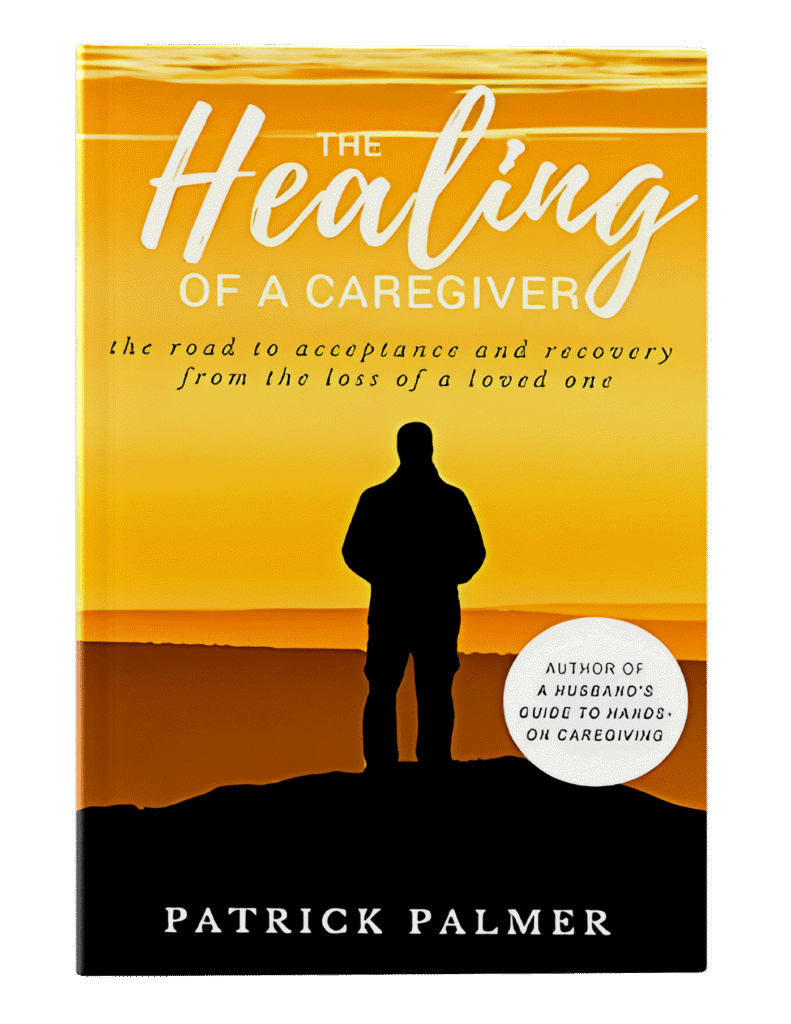When a crisis hits, it’s easy for an elderly loved one to feel overwhelmed, vulnerable, and out of control. Whether due to health concerns, emotional stress, or physical limitations, seniors often struggle to maintain their independence. One of the most meaningful ways you can support your elderly loved one is by empowering them during these difficult times.
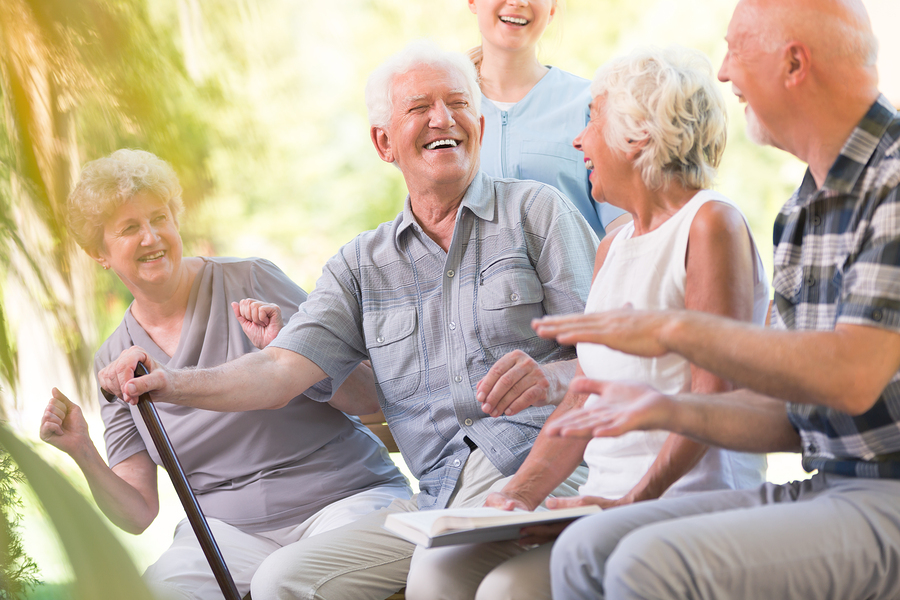
In this blog, we’ll explore practical strategies to help your elderly loved one maintain dignity, safety, and a sense of control—even in the face of uncertainty.
Create a Safe Environment for Your Elderly Loved One
Safety is the foundation of empowerment. When your elderly loved one can move confidently within their home, it boosts both physical well-being and emotional stability.
Perform a home safety audit to ensure all potential hazards are removed.
Install grab bars, non-slip mats, and stair lifts for additional support.
Improve lighting and remove tripping hazards to create a safer environment.
These changes allow your elderly loved one to navigate their space more safely and with greater confidence.
Help Your Elderly Loved One Maintain Independence with Adaptive Clothing
Getting dressed can become difficult with age. Empower your elderly loved one by providing clothing designed for ease and comfort:
Magnetic buttons or Velcro fasteners make dressing simpler.
Side-open pants or slip-on shoes can reduce the effort of daily routines.
These modifications help your elderly loved one dress independently, reinforcing their confidence and autonomy.
Make Everyday Tasks Simpler for Your Elderly Loved One
Routine tasks like cooking, turning knobs, or bathing can be overwhelming for seniors. To make daily life easier for your elderly loved one, consider these tools:
Use lever faucets and easy-grip utensils to minimize difficulty.
Add grab bars and shower chairs to simplify bathing.
Introduce voice-activated lights or smart home devices to reduce physical strain.
These small adjustments increase your elderly loved one’s independence and reduce frustration.
Keep Your Elderly Loved One Socially Connected
Social isolation can lead to depression and cognitive decline. It’s essential for your elderly loved one to remain socially active. Encourage regular:
Phone or video calls with family and friends.
Community visits or hobby groups for engaging activities.
Family outings or shared meals to foster a sense of belonging.
Social interaction helps your elderly loved one feel included, emotionally balanced, and supported.
Support Physical and Mental Wellness for Your Elderly Loved One
Staying active, both physically and mentally, can significantly boost your elderly loved one’s sense of independence and empowerment.
Encourage light exercises like walking or stretching.
Promote brain games, puzzles, or reading to keep their mind sharp.
Create a daily routine that includes some form of physical or mental activity.
Even small daily activities can greatly improve their mood and overall well-being.
Celebrate the Wisdom of Your Elderly Loved One
Rather than focusing on what your elderly loved one can no longer do, celebrate the wisdom and life experience they bring. Ways to honor this include:
Sharing their life stories and milestones with family.
Involving them in family decisions to reinforce their sense of importance.
Encouraging storytelling with grandchildren to pass on family traditions.
This fosters emotional empowerment and connection, making your elderly loved one feel valued and respected.
Include Your Elderly Loved One in Daily Decision-Making
Autonomy is crucial for maintaining dignity. Empower your elderly loved one by involving them in everyday decisions, such as:
Planning meals to ensure their preferences are respected.
Choosing clothes that make them feel comfortable and confident.
Selecting care providers or medical plans to ensure their well-being.
These small decisions reinforce a sense of control and independence, vital to their emotional health.
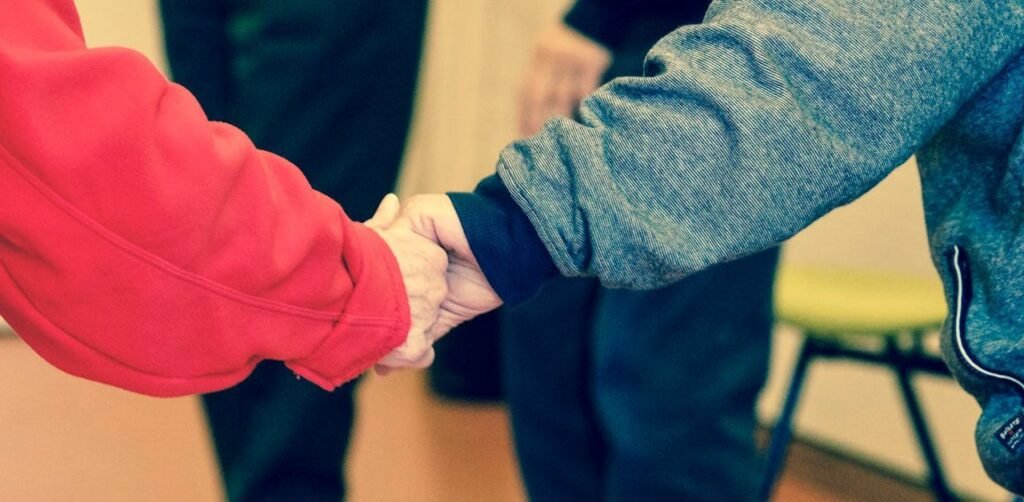
Conclusion: How to Truly Empower Your Elderly Loved One
Empowering your elderly loved one is about more than just safety—it’s about restoring their voice, independence, and confidence. Through thoughtful adjustments to their home, daily routines, and social life, you can help them navigate crises with dignity and grace.

